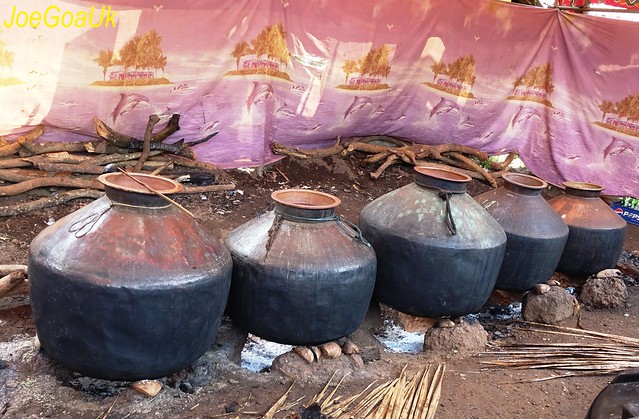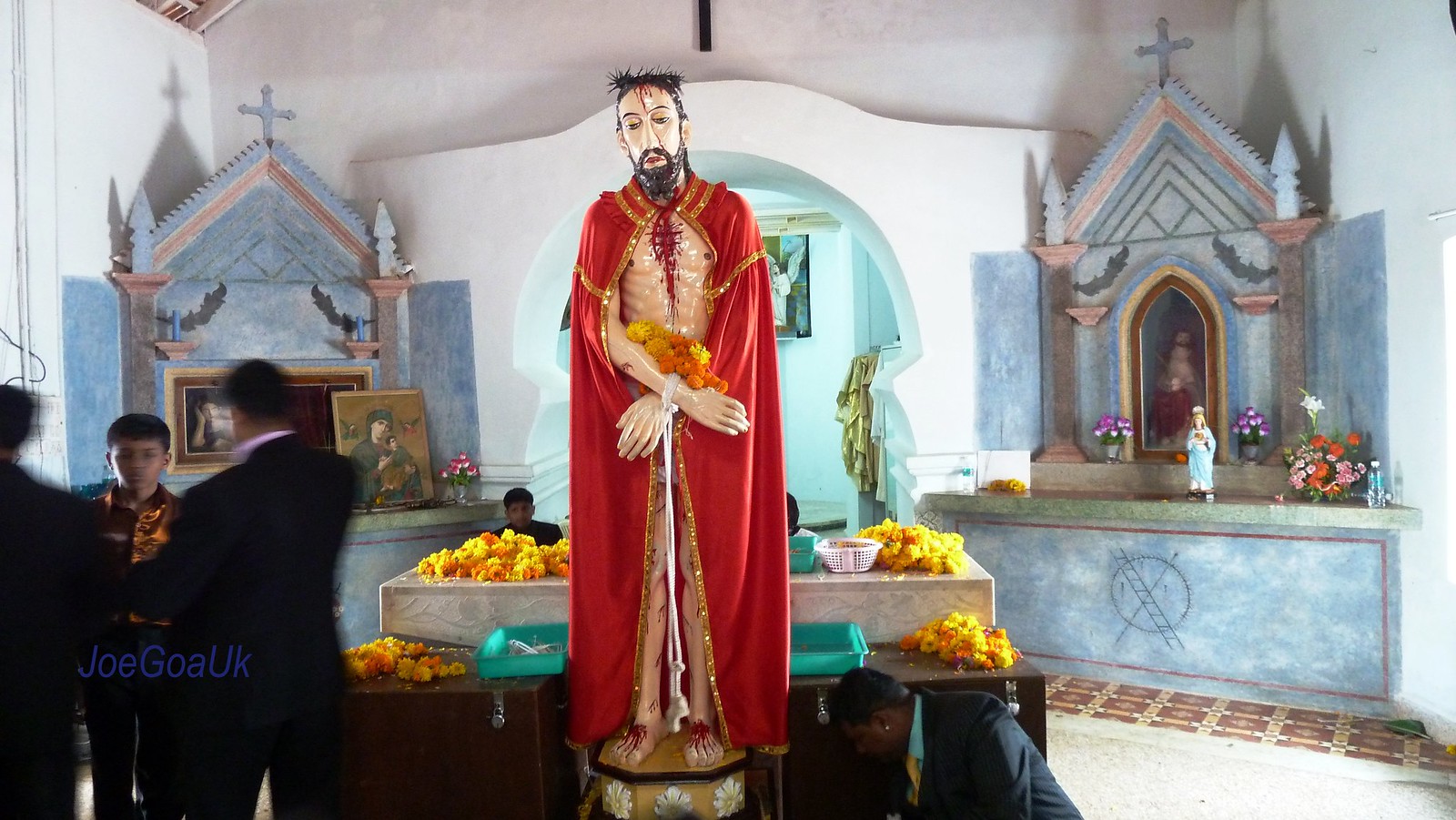
Nestled between the villages of Curca and Bambolim, with the serene Zuari River bordering its edge, the quaint hamlet of Siridaò gears up for its most anticipated annual celebration—Pejechem Fest. This year, the unique and soul-stirring feast will be held on Sunday, April 27, 2025.
A Church Rooted in History
Siridaò’s spiritual legacy dates back to 1603 when the original church dedicated to Santa Maria Magdalena stood tall. However, after its collapse in 1869, the parish temporarily shifted to Goa Velha. In 1877, a chapel dedicated to the Holy Souls and Our Lady of the Rosary was erected on the same site. Elevated to a church in 1906, it eventually gave way to the present-day Church of Our Lady of the Rosary, built in 1973 after structural damage led to its demolition.
Chapel of Jesus Nazareth: The Spiritual Heart
Overlooking the Nazareth Waddo hillock stands the Chapel of Jesus Nazareth. Built in memory of villagers lost to a cholera epidemic, it has grown into the epicenter of Pejechem Fest. When the main church collapsed, two of its statues found refuge here, adding historical and emotional weight to the chapel.
Every year, the faithful gather here in the thousands for the Pejechem Fest, a celebration that transcends religious boundaries and geographic limits. Pilgrims from across Goa—and even beyond—come to pray, sing, and fulfill vows known locally as “angvonn.”
A Celebration of Healing and Hope
Held on the first Sunday after Easter, Pejechem Fest honors Jesus of Nazareth in a deeply symbolic way. The event actually commemorates the Feast of the Annunciation—the moment when Angel Gabriel told Mary she would bear the Son of God. However, the community largely associates the celebration with Jesus Nazareth and His suffering.
The day begins with a solemn morning mass at the chapel. Afterward, the main celebrant leads a vibrant procession carrying the statue of Our Lady of the Annunciation through the village lanes. Meanwhile, crowds gather at the foot of the hill, forming an eager line—not for prasad, but for piping-hot ‘pez’ (boiled rice gruel).
The Sacred Pez Tradition
A highlight of the feast, the sacred ‘pez’ is no ordinary dish. Seven gigantic copper vessels (moddkeo) are used to cook the rice under a traditional “mollancho mattav.” Only married women are permitted to cook the dish. A custom rooted in the age-old tale of the seven sisters from Sanskrit lore.
Before anyone partakes, villagers serve the first spoonful of ‘pez’ at the ‘Xim’—a symbolic gesture dedicated to the souls of the departed. In earlier times, ‘pez’ was distributed at multiple locations across Siridaò, including Ogdaie. Today, the service is centralized below the chapel.
The Dempo Family’s Sacred Commitment
The Dempo family, the traditional landlords of Siridaò, uphold the responsibility of cooking and serving the pez. This act is not mere hospitality but a sacred duty linked to a ‘pensav’—a bequeathal of land tied to the promise of offering masses for the donor’s soul.
After Goa’s liberation, the tradition briefly halted, only to be revived after adverse events reportedly followed the interruption. In a written record dated October 5, 1986, Fr. Joao Francisco Xavier Maciel noted in the church ledger: “Landlord gives the kanji to pay for Pensao.” And so, the Dempos continue to fulfill this spiritual bond.
Feast Day Market: Handicrafts and Healing
Visitors will also find local vendors selling beautiful handcrafted fans made from tree roots, prized for their insect-repelling properties. Candle sellers offer wax effigies of body parts—devotional offerings made to Jesus Nazareth for healing and blessings.
A Feast of Faith and Community
In the true spirit of Goan hospitality, villagers still open their homes to pilgrims who arrive barefoot. By foot or boat, singing songs and beating the traditional ghumott drum. No guest leaves without a meal, embodying the true essence of giving and grace.
As Siridaò prepares to host another edition of this vibrant celebration. Pejechem Fest remains not just a religious event, but a living symbol of unity, healing, and faith.


